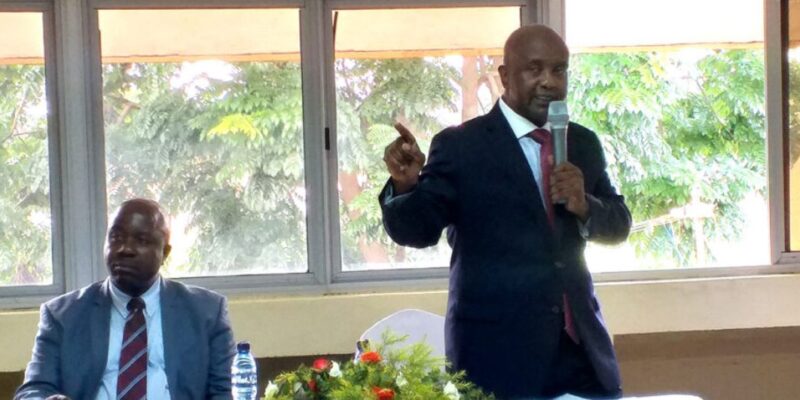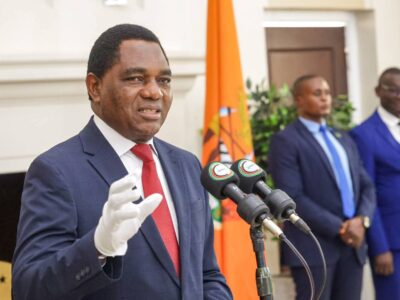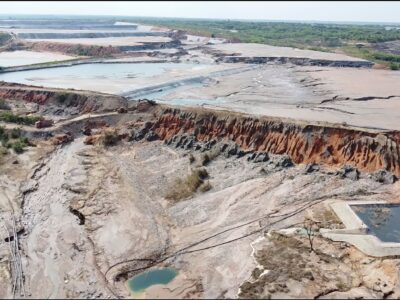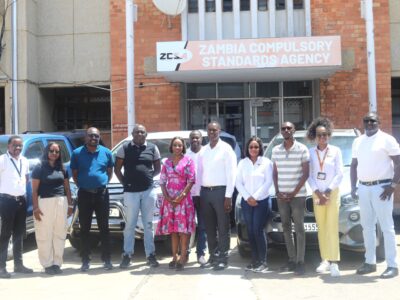Zambia’s latest population figures have significantly increased to 19.6 million from 13.10 million recorded in 2010 as North-Western province leads in growth.
In terms of comparisons, the United States of America (US) Census Bureau estimates the Zambian population to be 19.5 million while the United Nations (UN) Statistics division’s figures are 20 million.
Zambia Statistics Agency (ZamStats) interim statistician-general Mulenga Musepa disclosed this during the 2022 national census preliminary results in capital Lusaka on Friday.
Musepa said in terms of sex population distribution, of the total population, 10,007,713 are females while 9,603,056 are males respectively.
He said in the report that the rural population continued commanding the highest population concentration at 11.8 million, while the urban population was around 7.8 million.
“For provincial population distributions, Lusaka is leading the pack as the population size has jumped to 3,079,934 from 2,191,225 representing 40.6 percent growth respectively,” Musepa said.
Copperbelt is second at 2,757,539 from 2010 population estimates of 1,972,317 representing 39.8 per cent followed by Eastern province at 2,381,728 from 1,696,555 in that order.
Southern is number four at 2,381,723 from the previous figures of 1,589,926 as central comes fifth at 1,618,412 from 1,307,111 followed by Northern with a population of 1,618,412 from 1,105,824.
In the least population categories are: Luapula recording 1,514,011 from 991,927, Western latest population figure is 1,363,520 compared with 902,974 2010 population figures.
Read more:Zambia’s population density swells, capital Lusaka leads
Muchinga is at least 918,296 from 607,673 recorded in 2010.
Meanwhile Zambia’s Finance Minister Situmbeko Musokotwane said during the official launch of the 2022 Census of Population in the capital Lusaka that information from the census would be helpful in
achieving the UN 2030 agenda.
“The census of population and housing is the benchmark for key national indicators and statistics that if well used, could support the socio-economic transformation of our country,” Musokotwane said.
For the public sector, he said the census information was critical to sound decision making in development planning, resource allocation and policy formulation.












Comments